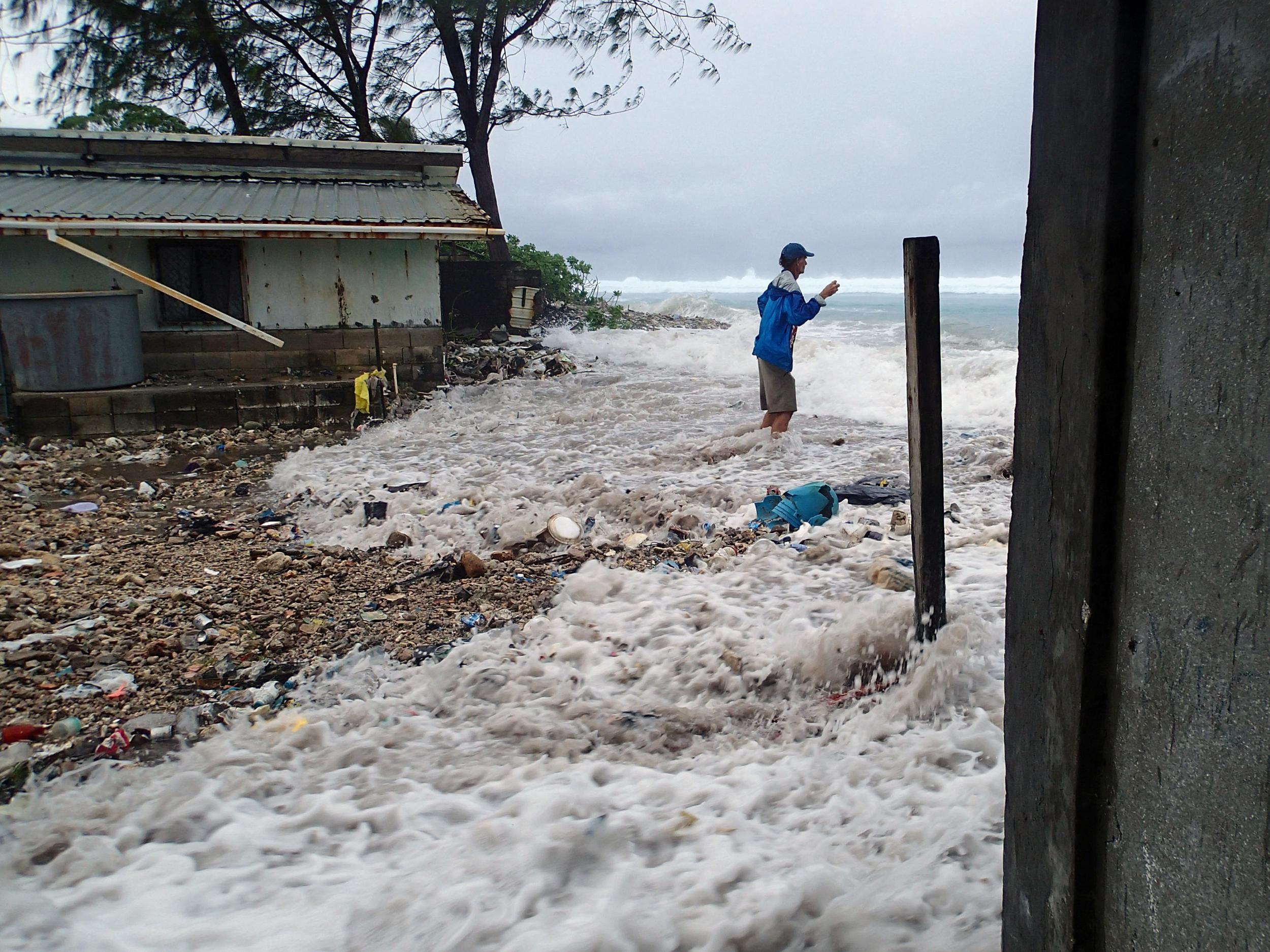‘Unprecedented changes’ needed to stop global warming as UN report reveals islands starting to vanish and coral reefs dying

https://www.independent.co.uk/envir...rctic-ice-islands-incheon-korea-a8572926.html

https://www.independent.co.uk/envir...rctic-ice-islands-incheon-korea-a8572926.html
1.5C VS 2C: WHAT IS THE DIFFERENCE?
The new UN report focuses on the relative harm caused by two potential warming outcomes:
- 1.5C warming will see coral reefs declining by around 80 per cent, whereas 2C would see more than 99 per cent wiped out
- The Arctic Ocean will be ice-free in summer roughly once every decade under 2C warming, and only once every century under 1.5C
- Melting ice will raise the sea level 10cm higher under 2C than 1.5C by 2100, a seemingly small increase that will render many islands and coastal areas uninhabitable
- 10 million fewer people forced from their homes by sea level rise under 1.5C warming
- Roughly double the number of animals and plants will lose half their habitat under 2C warming than 1.5C
Coral reef extinction, Arctic ice disappearance and the destruction of island communities can only be averted if the world sticks to its most ambitious global warming target.
A landmark UN report has concluded that enormous and rapid changes to the way everyone on Earth eats, travels and produces energy will be necessary to avert climate catastrophe.
Drawing on more than 6,000 scientific studies and compiled over two years, these findings are expected to set the agenda for climate action for decades to come.
The worst effects of global warming will only be prevented if the global temperature increase stays below 1.5C, a figure the scientists think will be exceeded within around 20 years.
Under current climate commitments by world leaders, the Earth will be 3C warmer by the end of the century.
“Limiting warming to 1.5C is possible within the laws of chemistry and physics, but doing so would require unprecedented changes,” said Professor Jim Skea of Imperial College London, who contributed to the report
Another contributor, Professor Myles Allen from the University of Oxford, added: “If emissions rise above the current level then warming will accelerate, so we might even get to 1.5C earlier than this.”
The world has already passed 1C of warming since 19th-century industrialisation began spewing greenhouse gases into the atmosphere, and many regions are already suffering the effects as heatwaves, droughts and floods become more intense and frequent.
Last edited:

